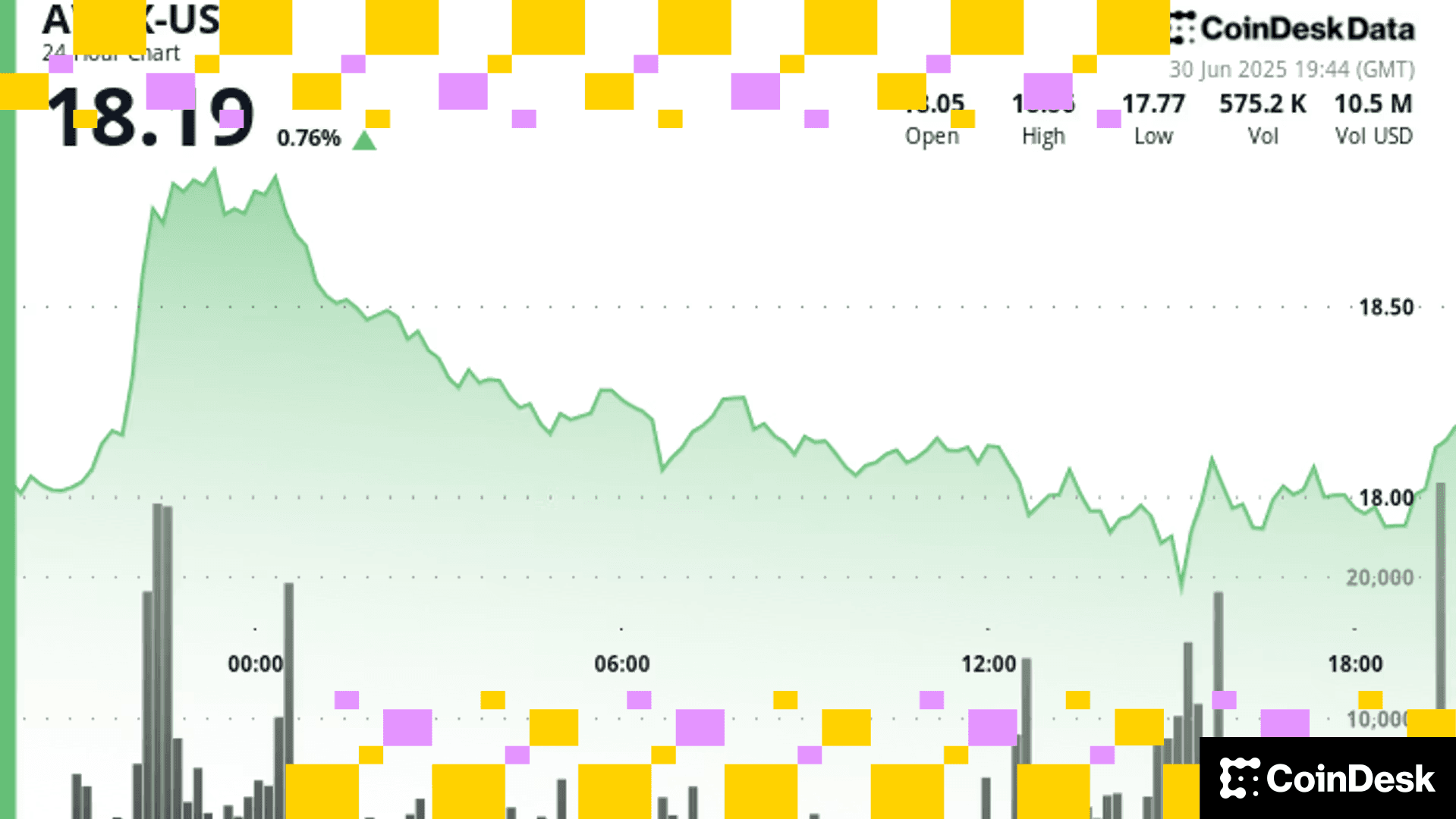El Salvador Axes Income Tax for Investments From Abroad
The nation, which is attempting to attract foreign capital, removed income tax on investment from overseas.

El Salvador, the nation led by bitcoin-friendly President Nayib Bukele, has eliminated income tax on money coming into the country from abroad.
"Congress has reformed our income tax law, for international investments and money transfers, dropping the rate from 30% to 0%," Bukele said in a post on X.
Congress has reformed our income tax law, for international investments and money transfers, dropping the rate from 30% to 0%.
— Nayib Bukele (@nayibbukele) March 13, 2024
La Asamblea ha reformado la ley del impuesto sobre la renta, para inversiones internacionales y transferencias de dinero, bajando la tasa del 30% al 0%. https://t.co/YRDVegSbb5
El Salvador was the first country to make bitcoin
This tax reform is the latest action as El Salvador attempts to position itself as an attractive destination for foreign investment and bitcoin enthusiasts. The nation also introduced a law in December granting citizenship to bitcoin investors who make a donation to the government.
"[El Salvador]the most attractive country in the world to live in just because they embraced bitcoin,” said billionaire investor Tim Draper on the Web3 Deep Dive podcast recently. “Within 30 or 40 years they will have gone from the poorest and most crime-ridden nation to one of the richest and most innovative nations in the world only in that period of time and only because they embraced bitcoin.”
Di più per voi
Exchange Review - March 2025

CoinDesk Data's monthly Exchange Review captures the key developments within the cryptocurrency exchange market. The report includes analyses that relate to exchange volumes, crypto derivatives trading, market segmentation by fees, fiat trading, and more.
Cosa sapere:
Trading activity softened in March as market uncertainty grew amid escalating tariff tensions between the U.S. and global trading partners. Centralized exchanges recorded their lowest combined trading volume since October, declining 6.24% to $6.79tn. This marked the third consecutive monthly decline across both market segments, with spot trading volume falling 14.1% to $1.98tn and derivatives trading slipping 2.56% to $4.81tn.
- Trading Volumes Decline for Third Consecutive Month: Combined spot and derivatives trading volume on centralized exchanges fell by 6.24% to $6.79tn in March 2025, reaching the lowest level since October. Both spot and derivatives markets recorded their third consecutive monthly decline, falling 14.1% and 2.56% to $1.98tn and $4.81tn respectively.
- Institutional Crypto Trading Volume on CME Falls 23.5%: In March, total derivatives trading volume on the CME exchange fell by 23.5% to $175bn, the lowest monthly volume since October 2024. CME's market share among derivatives exchanges dropped from 4.63% to 3.64%, suggesting declining institutional interest amid current macroeconomic conditions.
- Bybit Spot Market Share Slides in March: Spot trading volume on Bybit fell by 52.1% to $81.1bn in March, coinciding with decreased trading activity following the hack of the exchange's cold wallets in February. Bybit's spot market share dropped from 7.35% to 4.10%, its lowest since July 2023.
Higit pang Para sa Iyo











